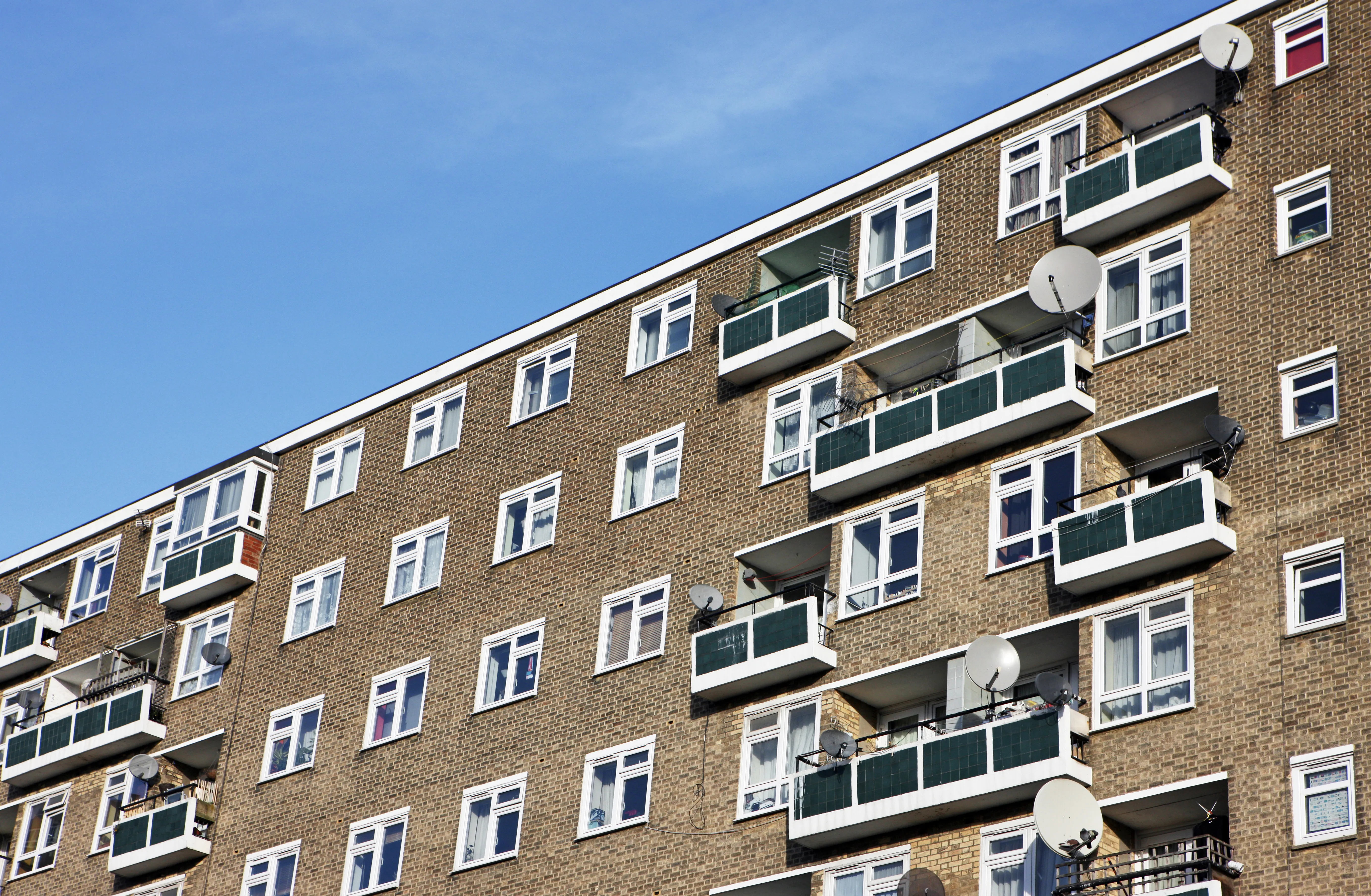Copyright metro

The Renters’ Rights Act could put an end to flat hugging (Picture: Getty Images) In an increasingly tense rental landscape across the UK, a trend is emerging — more than half of tenants are ‘flathugging’. The phenomenon comes as research from SpareRoom finds 45% of renters are actively avoiding contact with their landlords or letting agents. This is due to fears that raising even essential issues, such as mould infestations or faulty fire alarms, might trigger rent hikes, leaving some renters trapped in dangerous and deteriorating living conditions. Mortgage lender Landbay’s survey suggested that 44% of buy-to-let landlords — especially those in the South East and North West — are planning rent hikes averaging 6%, significantly above the private rental sector inflation of 3.6%. And ahead of the highly anticipated Renters’ Rights Act, which aims to outlaw no-fault evictions and limit rent increases to once a year, many landlords saw an opportunity to raise rents ahead of reforms. But the reluctance to report faults or hazardous issues isn’t merely a matter of convenience; it carries serious health and safety implications. From persistent mould that exacerbates respiratory ailments to malfunctioning smoke alarms compromising fire safety, the silence surrounding these problems potentially endangers tenants’ well-being. What is ‘flat hugging’? ‘Flathugging’ is a phenomenon that affects 56% of UK renters, according to the Spare Room survey. These are renters who feel immobilised by soaring costs and limited housing alternatives. These tenants desire to move on, yet find themselves shackled to properties due to financial constraints exacerbated by escalating rent prices. 56% of renters put off moving because of soaring costs in the rental market (Picture: Getty Images) Over the past five years, SpareRoom’s research has shown that room rents have jumped 28% across the UK, and an alarming 37% in London — catapulting average monthly rents to historic highs of £753 nationwide and £995 in the capital. These increases paint a stark picture of an affordability crisis, where moving becomes a luxury few can afford. The result is many stuck in homes they would prefer to leave, often with maintenance woes left unreported to avoid provoking landlord dissatisfaction or rent raises. And the turbulence in the rental market has also sparked contrasting landlord behaviours. While some research suggests many landlords are planning rent hikes, data from mortgage consultancy Pegasus Insight suggests a recent cooling, with the number of landlords intending to increase rents dropping from 78% to 61% in the last year, indicating a growing cognisance of affordability pressures. Matt Hutchinson, director of SpareRoom, warns of a societal ripple effect. ‘If we’ve reached the point where people are turning down job opportunities and career progression for fear of having to re-enter the rental market, our politicians are letting people down in a major way and have been for years,’ he said. The Renter’s Rights Act will put an end to no-fault evictions and unlimited advance rent payments, as well as limit landlords to increasing rent once a year, with tenants able to appeal excessive hikes. It will also prohibit landlords and agents from accepting a higher rate of rent than advertised, putting an end to bidding wars. If implemented effectively, these measures could restore some balance in landlord-tenant relations — encouraging better communication about property conditions and reducing tenants’ fears that honesty comes with financial penalty. Ultimately, the success of reforms such as the Renters’ Rights Act will depend on robust enforcement and buy-in from all parties. To break the ‘flathugging’ cycle, renters must feel safe to speak up, landlords need reasonable incentives, and policymakers must ensure the rented sector works fairly for everyone. Do you have a story to share? Get in touch by emailing MetroLifestyleTeam@Metro.co.uk.



